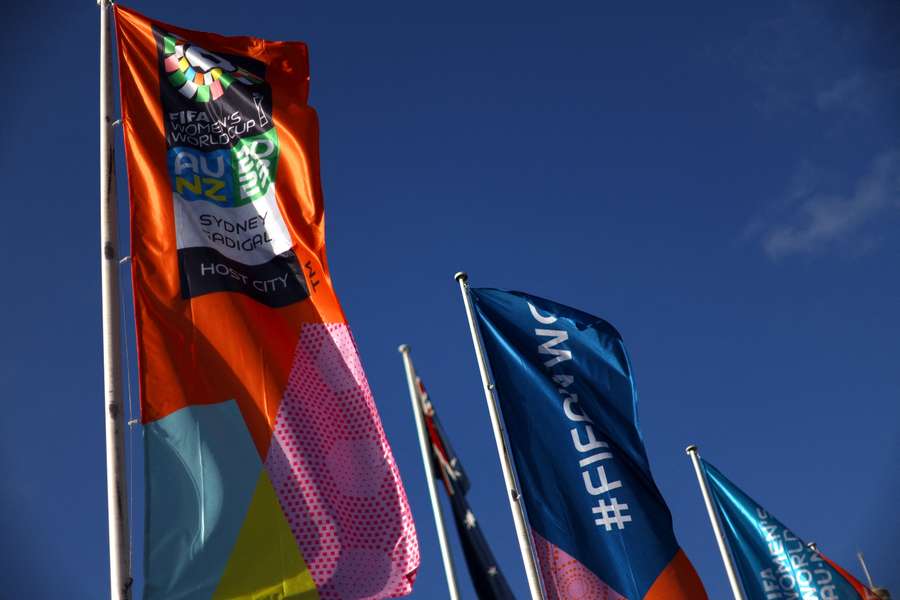Australia's call for World Cup prize equality fuels fire in women's game

The Matildas called out gender disparity in World Cup prize money in a message released on Monday, ensuring the topic will stay front-and-centre days before the tournament kicks off on their home turf and in New Zealand.
The team went on strike in 2015 to demand better pay and have received the same minimum percentage of prize money for tournaments as their male counterparts since 2019.
"Collective bargaining has allowed us to ensure we now get the same conditions as the Socceroos, with one exception - FIFA will still only offer women one-quarter as much prize money as men for the same achievement," the players said.
The statement comes amid upheaval across women's football, with players demanding better pay and playing conditions across the globe.
Canada were still embroiled in a dispute with their national federation days before the tournament kicks off on Thursday, while Jamaica voiced disappointment at the level of support from their governing body.
A rash of pre-tournament injuries across the sport has sidelined several top players across multiple federations, prompting concern about the level of funding in the women's game and the number of games on players' schedules.
"The level of care is not quite at the level that we need it and you see more injuries," said Olivia Chance, a veteran of the New Zealand squad who is returning from injury to compete on her home turf.
"We are pushing for better standards of the game."
Turning point
FIFA earned applause last month when they unveiled a plan to pay at least $30,000 (£23,000) to each player competing, putting some of the prize money directly into players' pockets rather than it all going to the federations.
But the overall prize pool - $110 million (£85 million), roughly 300% higher than what was on offer in 2019 - pales in comparison to the $440 million (£337 million) given to the men in Qatar last year.
FIFA did not provide immediate comment when contacted by Reuters on Monday. The governing body previously said it aimed for prize money parity by the next World Cups in 2026 and 2027.
"They've come to the party on one thing but they really need to show that consistent effort and resource behind it really," said Rebecca Sowden, a former player for New Zealand and founder of women's sports marketing firm Team Heroine.
The Australian team video intensified years-long calls for gender equity in sport, after four-time champions United States sued their federation in the run-up to 2019, alleging gender discrimination in compensation and their playing conditions.
The two parties resolved their pay dispute last year with a judge later approving a $24 million (£18.5 million) settlement. They had previously reached a settlement over playing conditions.
"The fact that the case was so high profile and lasted so long, I think, was a turning point," said Christina Philippou, a principal lecturer in accounting, economics and finance at the University of Portsmouth.
"And we have seen... a lot of countries kind of follow suit to some degree on their kind of equal pay front."
In 2020, the Football Association revealed parity on match fees was in place for England's men's and women's teams, while the Brazilian federation joined Australia, Norway and New Zealand in committing to equal payment per cap earned.
"Having charter flights, having the best hotels, having all the recovery resources, having the money to provide that for players, obviously, all the medical teams and everything gives us the best opportunity to not only perform at our best but keep up with the level on the field," US veteran Megan Rapinoe told reporters.
"To have that for, you know, every team in the tournament and to be able to provide an environment that allows for teams to reach their full potential - like that's what it's all about."

